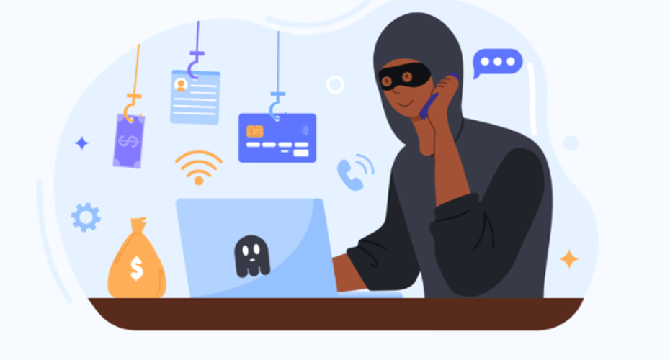Dev
1M
214

Image Credit: Dev
Vishing Scams Explained: What They Are and How to Stay Safe
- Vishing is a form of voice-based phishing that preys on your personal information and trust.
- In this type of scam, criminals use voicemail messages or phone calls to deceive individuals into disclosing sensitive information like login credentials, credit card data or Social Security numbers.
- Caller ID spoofing is a technology used by scammers that imitates the voices of authoritative individuals or companies in order to make it seem as though the call is coming from a reliable source and gain trust.
- Bank impersonation, IT support scams, and lottery or prize scams are some common types of vishing schemes.
- To avoid falling for these scams, it is important to be vigilant, ask questions concerning unsolicited calls, and be aware of ways to verify the facts.
- If you receive an unsolicited call from an unknown number, do not give out personal information, hang up the phone, and verify the caller's identity through official channels.
- It's also important to not respond to voicemails that ask for personal information and to report any suspicious calls to your bank, the impersonated company, or the local police.
- Implement two-factor authentication (2FA) wherever possible to provide an additional layer of protection.
- The best security is skepticism and awareness.
- Be informed and stay safe from vishing scams.
Read Full Article
12 Likes
For uninterrupted reading, download the app